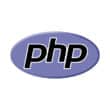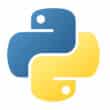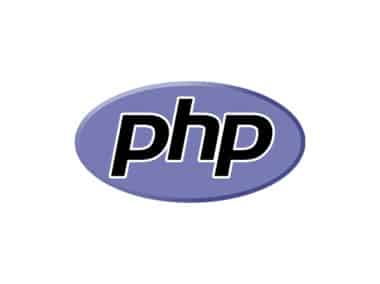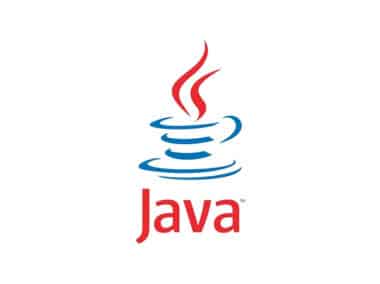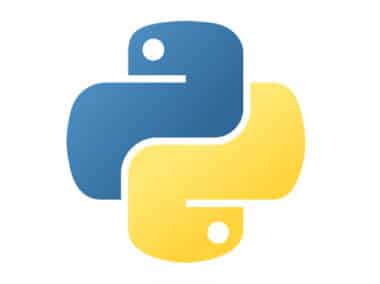Python is a high-level, interpreted programming language that was first released in 1991 by Guido van Rossum. It is named after the British comedy group Monty Python. Python is an open-source language, which means that it is free to use and distribute.
Python has become one of the most popular programming languages in the world. It is used by developers for a wide range of applications, including web development, scientific computing, data analysis, machine learning, and artificial intelligence. Python’s popularity is due in part to its simple and easy-to-learn syntax, as well as its versatility and large community of developers.
Features of Python
Python has many features that make it a popular programming language for developers. Some of the key features of Python include:
- Easy to learn: Python has a simple syntax and is easy to read, which makes it an ideal language for beginners. Its syntax emphasizes code readability, and Python code can be written in fewer lines than other programming languages.
- Object-oriented: Python supports object-oriented programming (OOP) concepts such as encapsulation, inheritance, and polymorphism. This allows developers to create complex applications and systems by building reusable code modules.
- Portable: Python code can be run on various platforms, including Windows, MacOS, and Linux. This makes it easy for developers to write code that can be deployed on multiple platforms without having to make significant changes to the code.
- Large standard library: Python comes with a vast collection of modules and libraries that make it easy to perform various tasks. This allows developers to quickly and easily add functionality to their applications without having to write the code from scratch.
- Interpreted: Python code is interpreted, which means that it can be executed line by line. This makes it easy for developers to test and debug their code, as well as modify it on the fly.
Advantages of Python
Python is a versatile programming language that has many advantages over other programming languages. Some of the key advantages of Python include:
- Easy to read and write: Python has a simple syntax that is easy to read and write, which makes it easier to maintain and debug code. This can save developers a significant amount of time and effort over the life of a project.
- Large community: Python has a large and active community of developers who contribute to its development and provide support to others. This means that developers can find help and resources quickly and easily when they need it.
- Open-source: Python is free to use and distribute, which makes it accessible to everyone. This has helped to fuel its popularity and has made it a preferred language for many developers.
- Cross-platform: Python code can be run on various platforms, which makes it easier to develop applications that can run on multiple devices. This makes it an ideal language for developing applications that need to be deployed on different platforms.
- Scalable: Python is a scalable language that can be used for small and large projects alike. It can handle large amounts of data and can be used to create complex applications and systems.
In conclusion, Python is a powerful programming language that has many features and advantages. Its ease of use, versatility, and large community make it an attractive choice for developers. Whether you’re a beginner or an experienced developer, Python is a language that is worth learning if you want to stay ahead of the curve in the world of programming.

